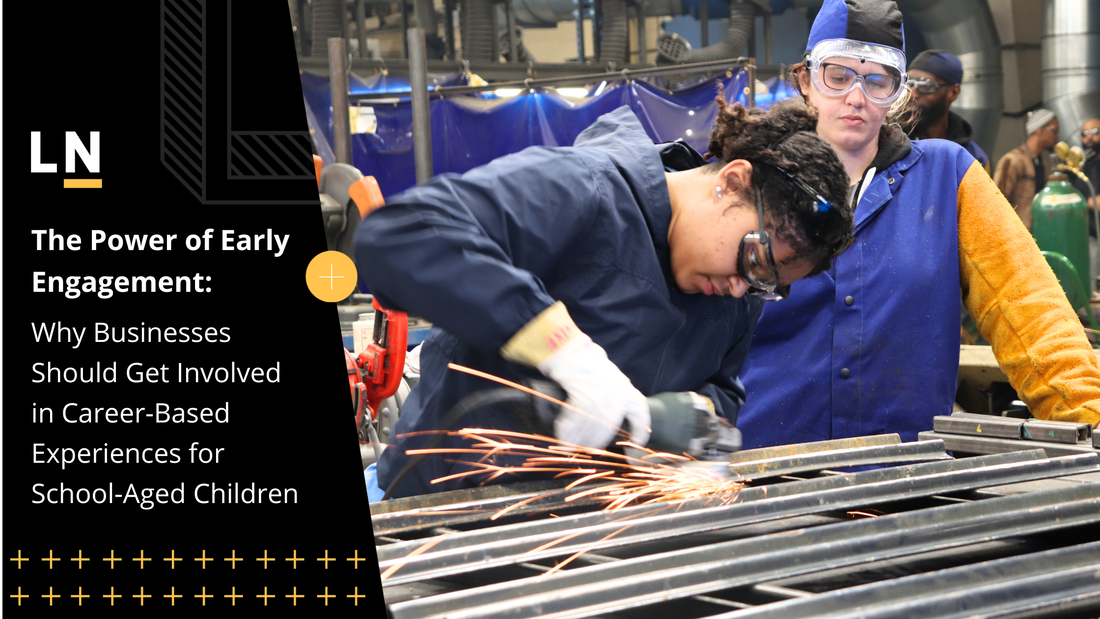How work-based learning for youth supports equity—and paves the way for greater opportunity10/7/2022 The path from the K-12 educational system to a good job is an obstacle course for many young people. There are many reasons for this, including the fact that neither secondary nor postsecondary systems have a clear interface with the world of work. Young people are not only unsure of their own passions and abilities, but they are also underexposed to the types of careers available to them. Moreover, there are few shared benchmarks outlining the skills required for different occupations … or how to obtain them.
At Launch Now, we believe children “can’t be what they can’t see.” We also know that this especially holds true for minorities, who are underrepresented in most industries in part due to lack of exposure. This lack of exposure to what is possible is more than a missed opportunity—it perpetuates a cycle that significantly hinders the economic mobility of millions of people and prevents them from becoming part of the pipeline of skilled workers employers seek. Work-based learning can help Work-based learning, or WBL, refers to activities in a work setting—whether paid or unpaid—that equip youth and young adults with firsthand work experience. This includes meaningful introductions to workers, job duties, and workplaces and authentic engagement with the tasks required in a given field. Such programs offer opportunities to learn occupational and employability skills in ways that are difficult to achieve in the classroom alone. And when introduced as early as 6th grade, we believe high quality work-based learning has the potential to unlock entirely new trajectories for youth who might otherwise be limited by a labor market stratified by race and educational attainment. What makes work-based learning work Communities and the educational system share a responsibility to create more robust pathways into the labor market. A report by the Metropolitan Policy Program at the Brookings Institution explores the ways in which work-based learning can play a role in this effort, promoting equity and economic opportunity by way of:
Reimagining the pathway from school to work There is no single straight line to a meaningful career. And without exposure to the opportunities that exist, that path is harder to find. Long before they search for their first job, learners need time to discover possible careers, consider which of those careers might be a good fit, and develop the skills and social capital that will help them navigate their careers as they enter and progress through adulthood. We need to reimagine the school-to-work transition so that it does not systematically leave millions of young adults behind. Rich in relationships and meaningful experience, work-based learning opportunities can be a lever for greater economic opportunity. At Launch Now, we believe in the power of work-based learning to advance equity and economic opportunity for young people, particularly when introduced as soon as 6th grade. This early intervention can help children see what’s possible and continue to imagine those possibilities as they learn more about their own interests and abilities over time. Ask us how we make it easy for schools to connect students to opportunities and enable companies to compete in the marketplace of the future.
0 Comments
Leave a Reply. |
Proud Sponsors of The New Hampshire Association of School Principals and the New Hampshire School Administrators Association




